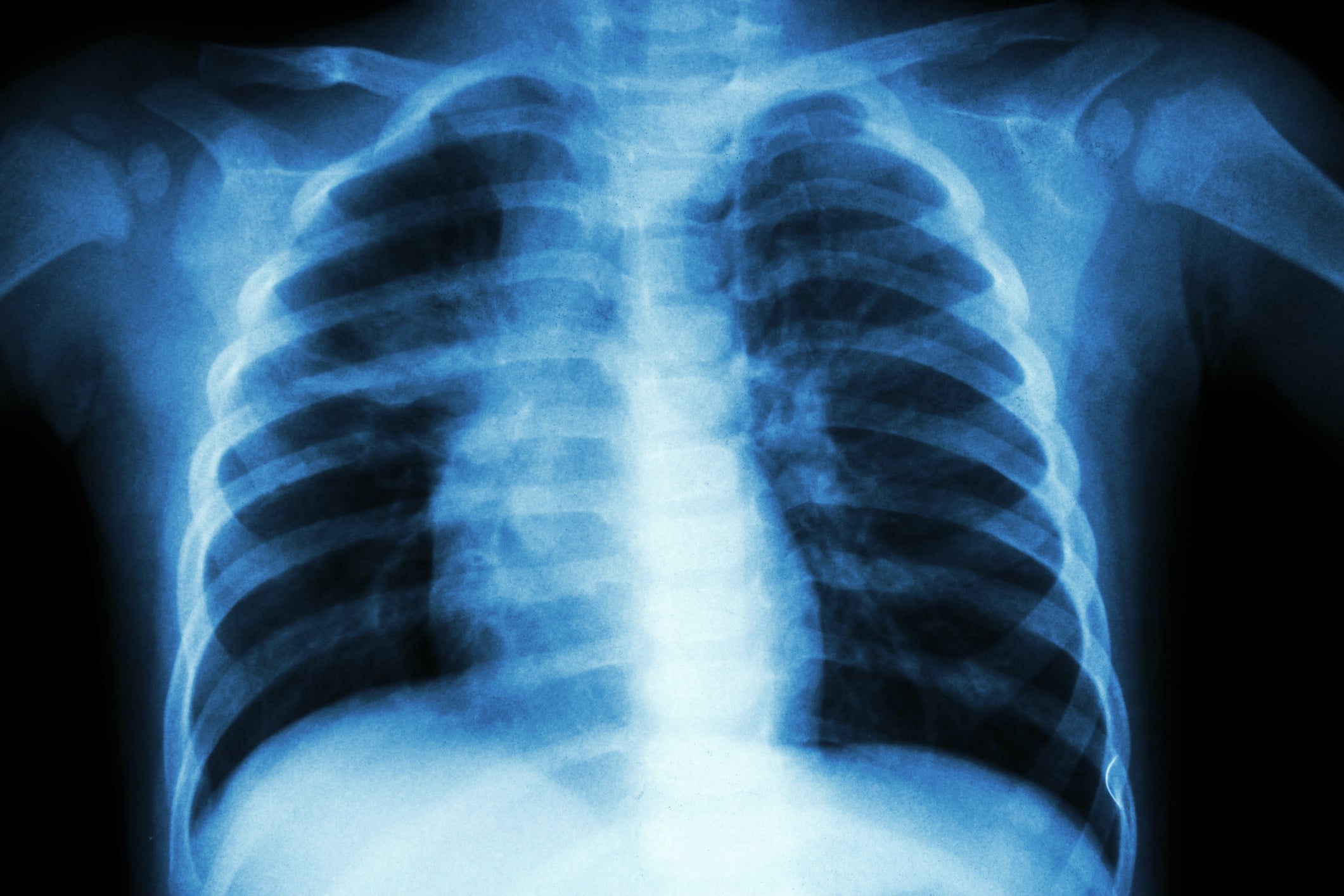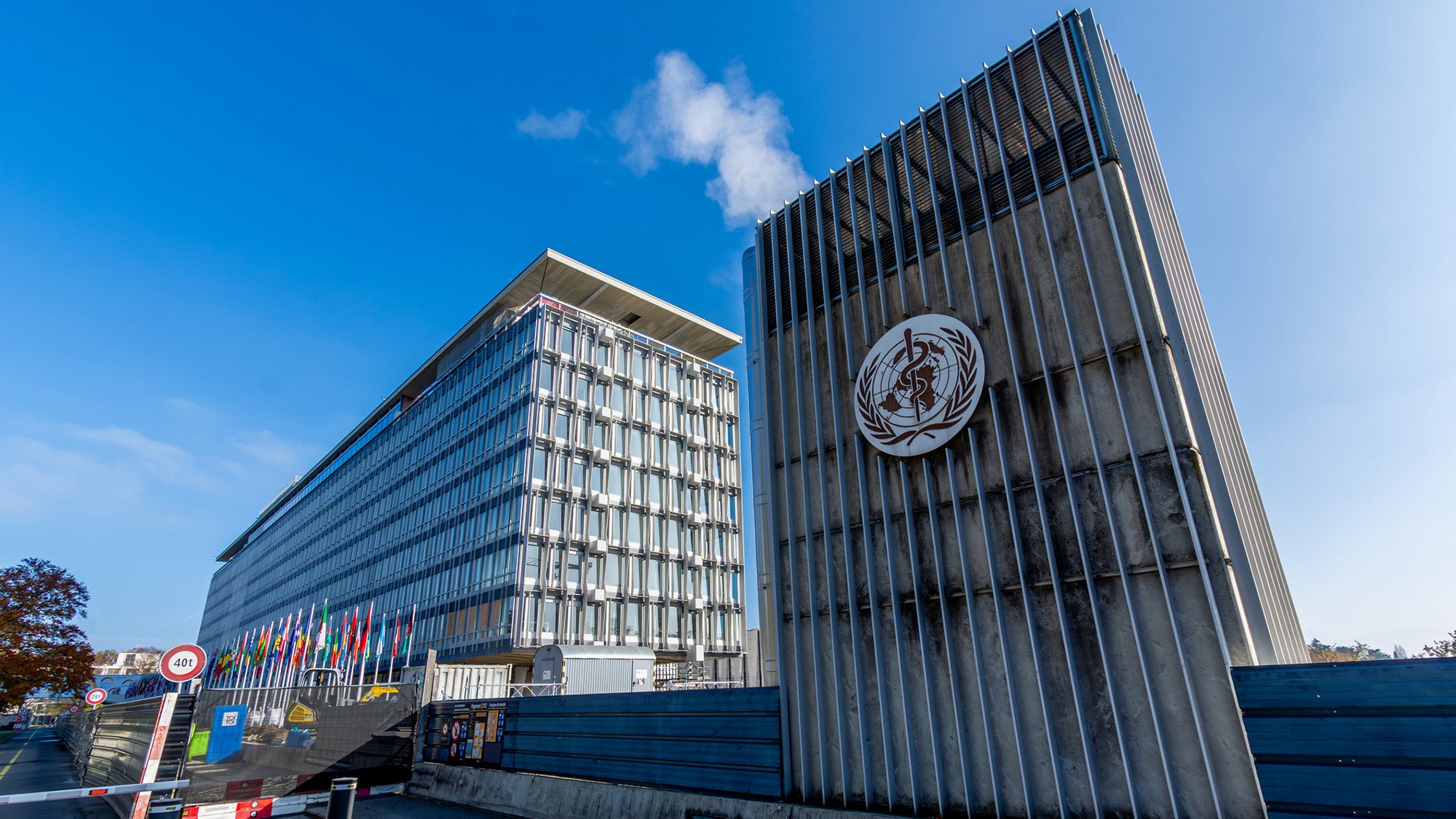Global Health Leadership Program equips professionals with tools to drive change

Harvard T.H. Chan School of Public Health has been expanding its non-degree offerings for individuals at every stage of their public health careers. The Global Health Leadership Program is a key part of this effort. Launched at the end of last year in partnership with the online education company Emeritus and starting its fifth cohort in December, the six-month online course is intended to equip health professionals with the knowledge and skills to drive change.
“The course is an opportunity for anyone broadly involved in health to really understand the principles, strategies, and practices of leading globally in public health,” said program director and faculty member Rifat Atun, vice dean for non-degree education and innovation and professor of global health systems. Past participants have included public health practitioners and researchers, as well as individuals from the biopharmaceutical, consulting, and health technology industries.
The program’s faculty also includes Heather Mattie, Kari Nadeau, and Vish Viswanath, and it covers such topics as health systems, policy design, implementation, and evaluation, data science, environmental health and epidemiological threats, and public health communication.
Additional online non-degree courses are being developed building on the model of the Global Health Leadership Program. These include a course on public health communication and advocacy in partnership with Emeritus, launching in December, and two new courses on nutrition and health systems and AI in partnership with Great Learning.
Learning new public health policymaking skills
Horace Cox, director of surveillance, disease prevention and control at the Caribbean Public Health Agency, signed up for the Global Health Leadership Program last year to learn new policymaking approaches. He had years of experience developing and implementing policies in his home country of Guyana but wanted to learn how to apply systems thinking to public health problems. Reflecting on his participation in the program, he viewed the policymaking content—including frameworks for dissecting public health problems, addressing social determinants of health, and considering who may be unintentionally harmed by a policy—as one of its key strengths.
“[These lessons] helped me structure my thoughts much better,” Cox said. “Now I can apply methodology to help me be more effective and efficient in what I do on a daily basis.” He said that he used the program’s policymaking frameworks to develop his capstone project on suicide prevention, and he’s been applying them on the job to develop interventions around crime and violence prevention.
Cox said he found the program to be well-designed and particularly appreciated that it provided the opportunity to work with a success coach when he fell behind during a busy period at work. “We were able to come up with a plan for how I could get back on track, and I finished on time,” he said.
Bridging practice and policy
“Medicine is constantly evolving, and I am committed to growing alongside it, both personally and professionally,” said physician associate Cynthia Likar, who completed the program earlier this year. Likar, who has a doctorate in physician assistant studies, works in clinical medicine and academia in Pittsburgh, Pa. “The program directly aligned with my goals to expand my leadership capacity, navigate complex health policy, and develop strategies that drive change in health care systems,” she said, adding that it gave her the tools to bridge practice and policy on a broader scale.
She said that while some of the global health content was unfamiliar to her, the program’s structure and the faculty’s in-depth teaching within each module helped her quickly learn and gain confidence.
“I thoroughly enjoyed learning alongside a diverse group of peers from throughout the world, each bringing their unique perspective and experiences,” she said. “The program’s collaborative approach promoted a respectful dialogue and cultivated a positive cultural exchange.”
Likar said that the mentorship and feedback she received from the program’s faculty had a profound impact on her professional journey. “The program inspired me to lead with greater purpose and impact in my professional and community endeavors,” she said.
‘I discovered strengths I did not realize I had’
Nidhi Krishna is an epidemiologist in the Arizona Department of Health Services with a decade of public health experience in the U.S., India, and the UK in such areas as population health, overdose prevention initiatives, nutrition, and child welfare research. As a full-time professional and volunteer, she said that she appreciated the program’s balance of self-paced modules and live faculty-led sessions.
“The cadence of live discussions was just right to keep me engaged, and the availability of recordings ensured I could fully participate even when scheduling conflicts arose,” she said, adding that she also appreciated the online discussion forums. “The blend of independent work and collaborative dialogue was not only manageable, it was deeply enriching,” she said.
Krishna said that she gained more than just new knowledge and perspectives from the program. “It changed how I see myself as a leader. I not only learned new tools and strategies, but I also discovered strengths I did not realize I had,” she said. “The program engaged me fully, teaching, challenging, and inspiring me to think and act differently. I leave with sharpened skills, a deeper sense of purpose, and a renewed commitment to advancing global public health with creativity, equity, and impact.”


